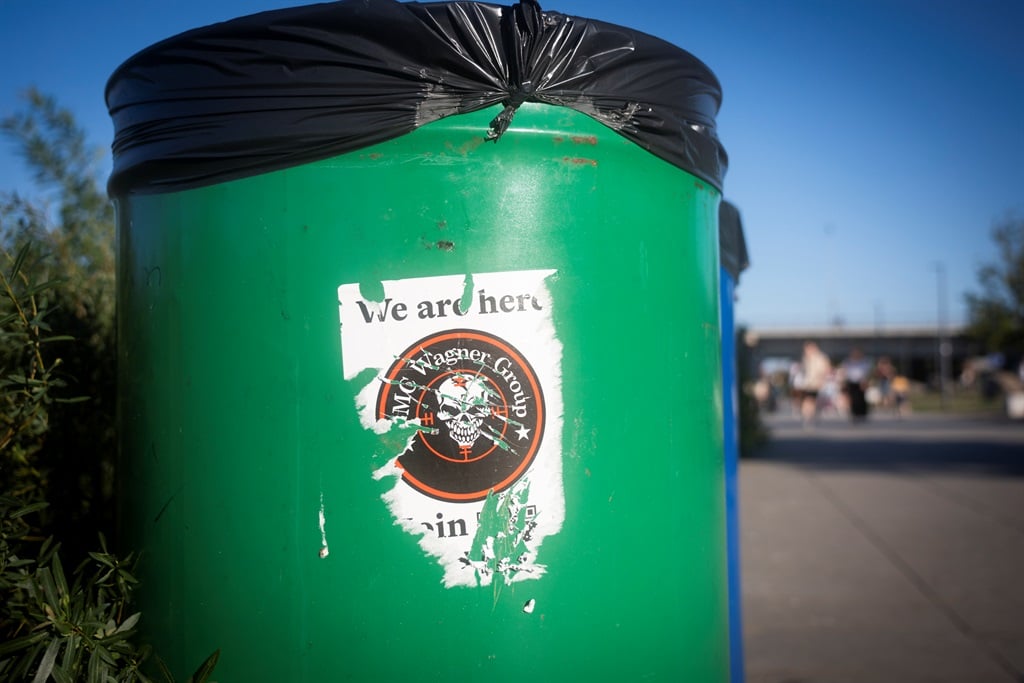“Why now? We can’t wait. We can’t afford to wait,” he said at a press conference on Tuesday.
“While society as a whole looks calm and looks very safe, we still have to watch out for potential sabotage, undercurrents that try to create troubles,” he said. He referred to increasing geopolitical tensions and the threat to China’s development from “some Western countries”.
The proposed new laws cover issues ranging from treason, insurrection and sedition to “thefts of state secrets and espionage” and external interference in Hong Kong’s affairs.
In the section of the laws dealing with theft of state secrets, the sensitive areas identified are major economic, social, scientific and technological developments in Hong Kong and the mainland. What might constitute a state secret isn’t spelt out in any meaningful detail – it’s a state secret if its disclosure might endanger national security.
That’s similarly vague as the mainland’s upgraded national security “toolbox,” as the Chinese authorities have described the changes to its laws last year.
Using those laws, the authorities have raided the Beijing offices of foreign management consultancies and advisory groups in an apparent effort to restrict the flow of economic information and corporate data to foreign companies.
‘Why now? We can’t wait. We can’t afford to wait’
Hong Kong CEO John Lee
The blurred lines between China’s corporate sector, particularly the state-owned sector, and its military and their shared technologies have in an environment of heightened geopolitical and trade tensions apparently made that information more sensitive.
Those mainland laws and raids have, however, not just limited foreign companies and investors’ access to data and insights, and their ability to undertake routine due diligence on proposed investments, but, in their vagueness (and in the context of China’s opaque and intimidating judicial system), have also frightened them.
Foreign investment has not just dried up. China has been experiencing net outflows despite increasingly urgent efforts by senior party officials to encourage more foreign investment in an economy that is experiencing some significant challenges.
Loading
Hong Kong’s 2020 adoption of China’s national security laws, the pandemic – Hong Kong was subjected to the same Draconian “zero COVID” approach as the mainland – and the continuing harsh crackdown on perceived dissent have all contributed to a slowdown in its economy, the lowest house prices in seven years and a sharemarket that is now nearly 50 per cent off its February 2021 peak. It fell almost 14 per cent last year and is down about 8 per cent so far this year.
Hong Kong’s status as the world’s safe gateway for Western capital into China, the major regional financial centre and a key conduit for global trade, has had a darkening cloud over it since 2020.
The proposed new laws certainly aren’t going to enhance its appeal, particularly for those foreign professionals – lawyers, accountants and finance and trade executives – critical to effecting the exchanges of goods ad services and the trust in the legal environment that made Hong Kong such a vibrant hub for business in the past.
Now, it appears, Hong Kong is destined to be increasingly just another big Chinese city – which seems wasteful of China, given how positive Hong Kong’s special treatment and its two-way window for trade between China and the West have been for the mainland in recent decades.
Only last week, the Chinese authorities disclosed that a British business consultant missing since 2018 had been sentenced to five years jail in 2022 – before the mainland’s more intimidating espionage laws were in place – for illegally providing intelligence to overseas parties.
Loading
Given the lack of definition of what might constitute a state secret when (not if, given that mainland acolytes dominate Hong Kong’s legislature) the new laws are in place, it’s that kind of prospective experience that will weigh heavily on the minds of the army of expats within the city’s business community, and probably on homes and share prices too.
While perhaps well-intentioned, Beijing’s heavy-handedness has blown up China’s property market, damaged its once-thriving technology and sharing economy sectors and scared off foreign investment. Now, it seems, its loyalists in Hong Kong appear determined to further dim the lustre of what was once a unique, and uniquely valuable, asset.
#security #laws #threaten #citys #role #Wests #gateway #China













